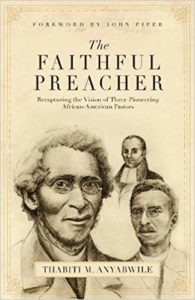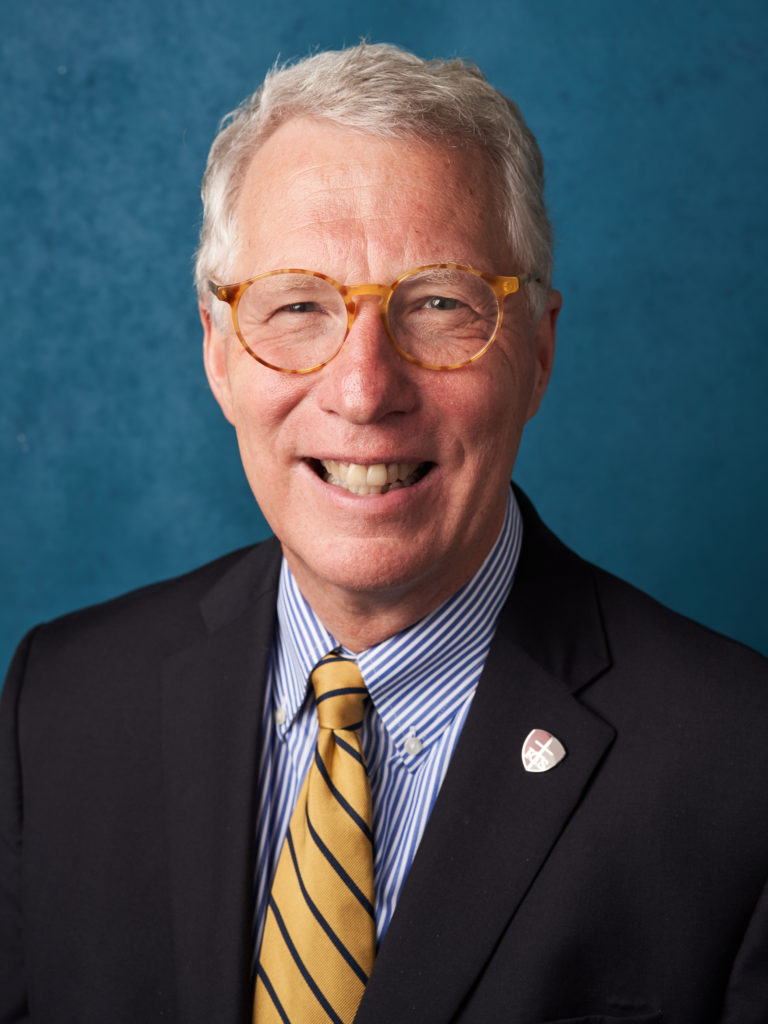Resources on Pastoral Ministry
(Earlier in the year, I posted a book review of The Faithful Preacher by Thabiti M. Anyabwile. It has now been published in the September issue of Reformed Theological Seminary’s online journal, Reformed Faith & Practice.) __________ One of my goals at RTS Jackson is to introduce students to the “neglected voices” of the evangelical church. I am not the best qualified to remedy this neglect, but have made it my habit to assign readings that will help. One such book is Thabiti Anyabwile’s The Faithful Preacher: Recapturing the Vision of Three Pioneering African-American Pastors (Wheaton: Crossway, 2007). The book presents biographical sketches of Lemuel Haynes, Daniel Payne, and Francis Grimké, along with selected writings. First, Lemuel Haynes. Born in 1753, he…
Read MoreWise words from John Owen that I must take to heart: “A pastor’s life should be vocal; sermons must be practised as well as preached. . . . . If a man teach uprightly and walk crookedly, more will fall down in the night of his life than he built in the day of his doctrine.” John Owen, The Works of John Owen (ed. William H. Goold; vol. 13; Edinburgh: T&T Clark, n.d.), 57.
Read MoreWhat should our pastors pray for? The list could go on and on. But let me give three things that I think are particularly important for pastors to pray for in relationship to their churches. First of all, they need to pray for a forgiving spirit. There are a lot of wounds and injuries that come during your time as a pastor, and you have to become highly committed to overlooking offenses. And then when there are sins committed against you, whether the person asks for forgiveness or not, you need to have a forgiving spirit toward them. If not, your ministry will be filled with bitterness and anger and resentment.
Read MoreOne of my goals at RTS Jackson is to introduce students to the “neglected voices” of the evangelical church. I am not the best qualified to remedy this neglect, but have made it my habit to assign readings that will help. One such book is Thabiti Anyabwile’s The Faithful Preacher: Recapturing the Vision of Three Pioneering African-American Pastors. The book presents biographical sketches of Lemuel Haynes, Daniel Payne, and Francis Grimké, along with selected writings. First, Lemuel Haynes. Born in 1753, he was abandoned by his parents when only a few months old. He became an indentured servant to a Connecticut family who treated him as their own child, and where he was to receive the blessings of family…
Read MoreThe minister must approach preaching with appropriate solemnity because “he views eternity as just before him, and a congregation on the frontiers of it. . . . He will study and preach with reference to a judgment to come and will deliver every sermon in some respects as if it were his last, not knowing when his Lord will call him or his hearers to account.” – Lemuel Haynes in Thabiti M. Anyabwile, The Faithful Preacher: Recapturing the Vision of Three Pioneering African-American Pastors (Wheaton, IL: Crossway, 2007), 33.
Read MoreEvery Christian denomination would do well to heed the prudent advice of AME bishop Daniel Payne (1811-1893): “Whenever a young man comes forward, and tells us that he is called to the ministry, let us examine him rigidly, according to our excellent discipline and the requisitions of God’s word. It is not enough that he tells us God has called him; let him show the evidences of his call.” Daniel A. Payne In Thabiti M. Anyabwile, The Faithful Preacher: Recapturing the Vision of Three Pioneering African-American Pastors (Wheaton, IL: Crossway, 2007), 82.
Read More
